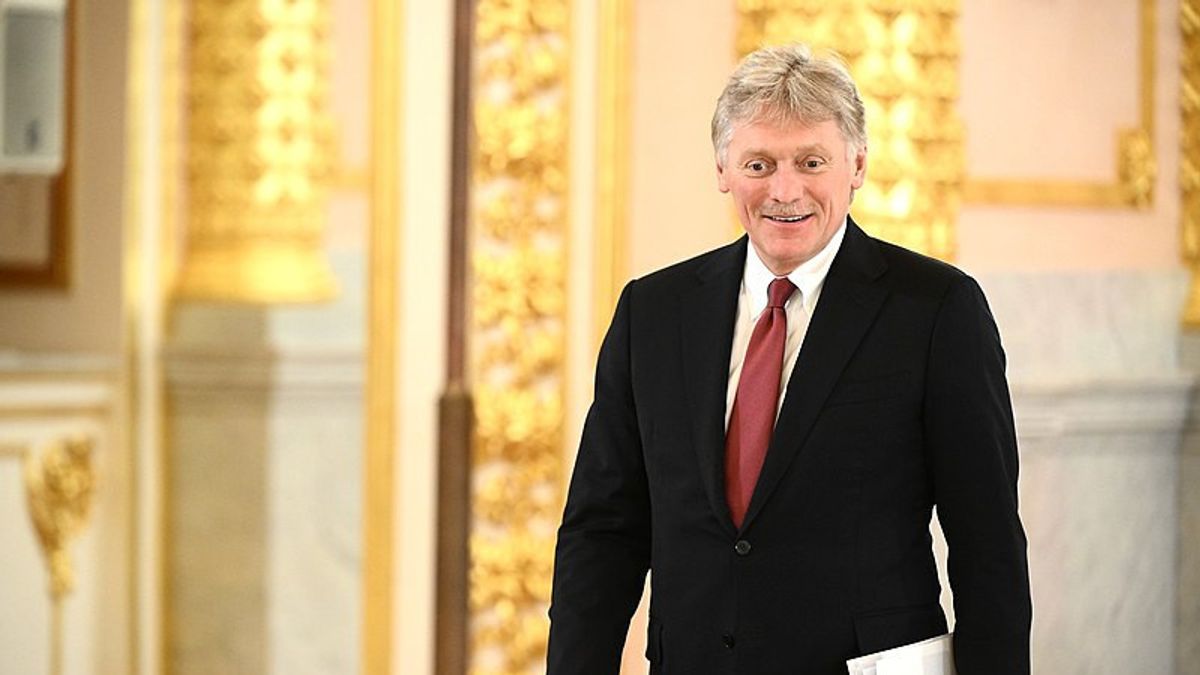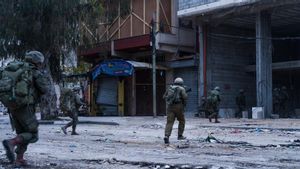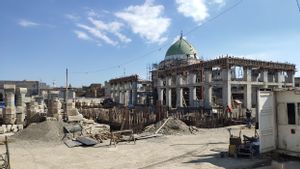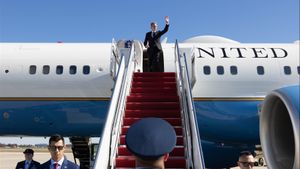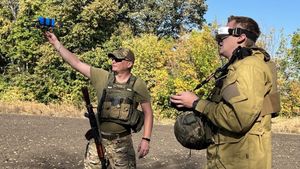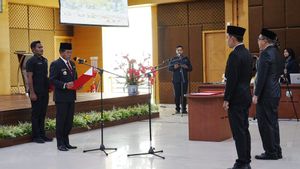JAKARTA - The Kremlin commented on North Atlantic Treaty Organization (NATO) Secretary General Jens Stoltenberg's visit to the South Caucasus region, saying the bloc's efforts to expand its presence in the region were unlikely to help bring about stability.
Stoltenberg on Tuesday concluded a three-day visit in which he held talks with the leaders of Azerbaijan, Georgia and Armenia, all of which were previously ruled from Moscow as part of the Soviet Union.
In a telephone conversation with journalists, Kremlin spokesman Dmitry Peskov said: "NATO's efforts to expand its influence and presence (in the South Caucasus) are unlikely to add to stability," quoted by Reuters, March 20.
Peskov said the Kremlin was closely monitoring Stoltenberg's visit, but "such contacts are the sovereign right of Caucasian countries."
Although Russia has traditionally been the dominant power in the South Caucasus, it is now competing for influence with other players, including Turkey, Iran and the West.
Georgia, whose breakaway regions of South Ossetia and Abkhazia are guarded by Russian troops, has long expressed its intention to become a NATO member, while Azerbaijan has close ties with NATO member Turkey.
Meanwhile Armenia, until recently Russia's closest ally in the South Caucasus, has experienced sour relations with Moscow in recent years, due to what Yerevan sees as Russia's failure to defend its country against neighboring Azerbaijan.
SEE ALSO:
Although Armenia remains a treaty ally of Russia, it has repeatedly said it does not support Moscow's war in Ukraine and has sent humanitarian aid to Kyiv, drawing Russian ire.
In Yerevan on Tuesday, Stoltenberg praised pro-Western Prime Minister Nikol Pashinyan for his “solidarity” with Ukraine.
The English, Chinese, Japanese, Arabic, and French versions are automatically generated by the AI. So there may still be inaccuracies in translating, please always see Indonesian as our main language. (system supported by DigitalSiber.id)
